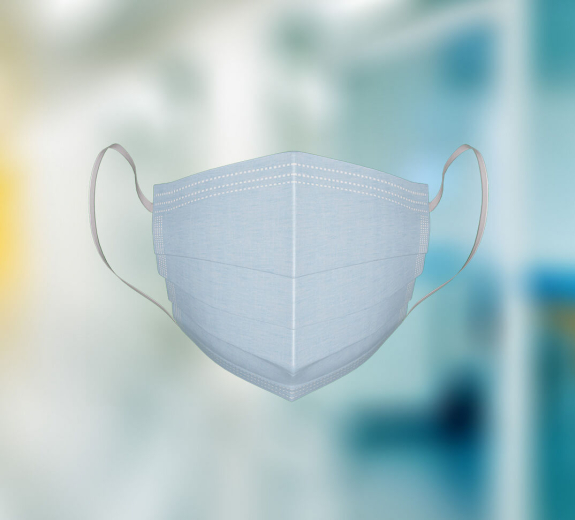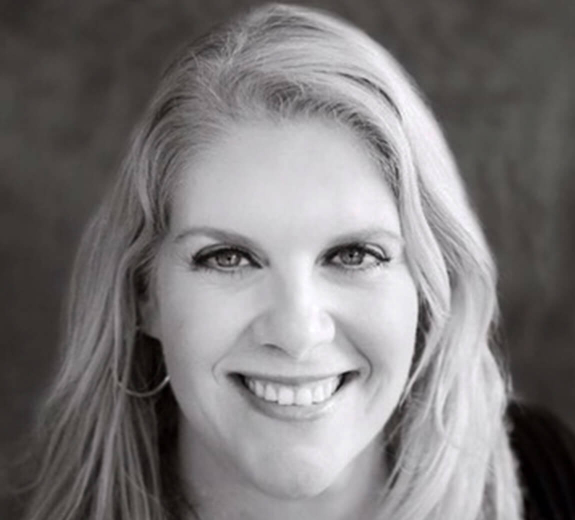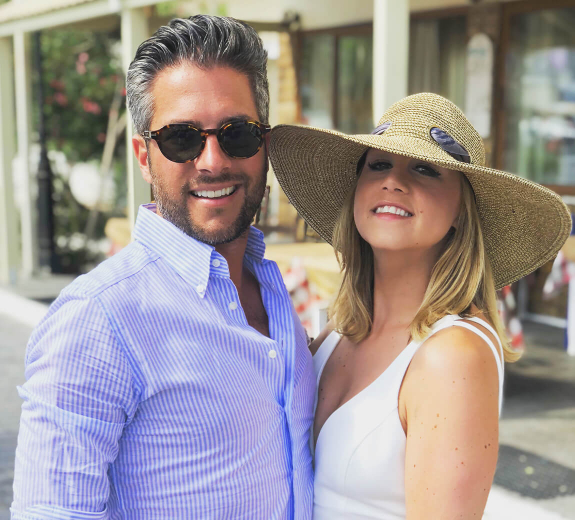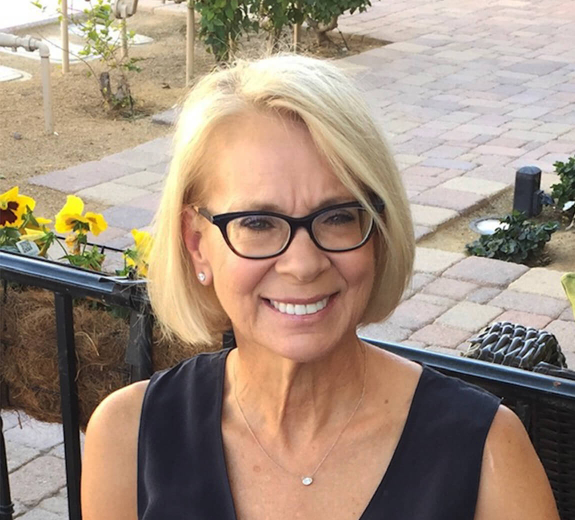“The isolation creates new temptations to wallow in self-pity, so I’ve had to be extra vigilant about counteracting that and about addressing my mental health,” he says.
For starters, Jamie reminds himself that there are benefits to working from home. He doesn’t have to worry about driving to work and maybe needing a bathroom along the way, or about having to step out of important meetings.
“It definitely alleviates stress to know the bathroom is just five steps away,” he says.
Telehealth helps too. Jamie is in regular contact with James Lord, MD, PhD, who gives input on Jamie’s medication regimen — which wasn’t possible before COVID-19 hit.
“It’s so much easier to trade brief messages in the secure portal with my doctor than to travel to an in-person appointment just to ask a few simple questions,” Jamie says, “and it helps me avoid risk of infection.”
He is also getting creative about maintaining his support group. Jamie makes it a point to schedule video calls with friends, and he actively participates in Reddit groups for people with ulcerative colitis and Crohn’s disease. Participants in those groups constantly post about new IBD research and treatments, and the groups are a venue where Jamie can ask questions and share tips with people going through the same thing.
“The discussions in those groups range from ‘Hey, I’m really struggling with this’ or ‘I just need to vent’, to ‘Is anyone else having a reaction to this medication’ or ‘How successful has this been for you,’ and everyone supports each other and uplifts each other,” Jamie says.
This helps Jamie stay positive and stick to a key rule he’s learned over the years: Avoid self-criticism if he has a bad day or doesn’t see his symptoms improve from one day to the next.
“I’ve learned to just take each day as it comes,” he says. “If it’s a good day, I try to write down and remember what I did. And if it’s a bad day, I treat it as a learning experience, rather than something to beat myself up about. It’s important to celebrate the successes, however small.”
Read more about managing stress and autoimmune disease during COVID-19.








